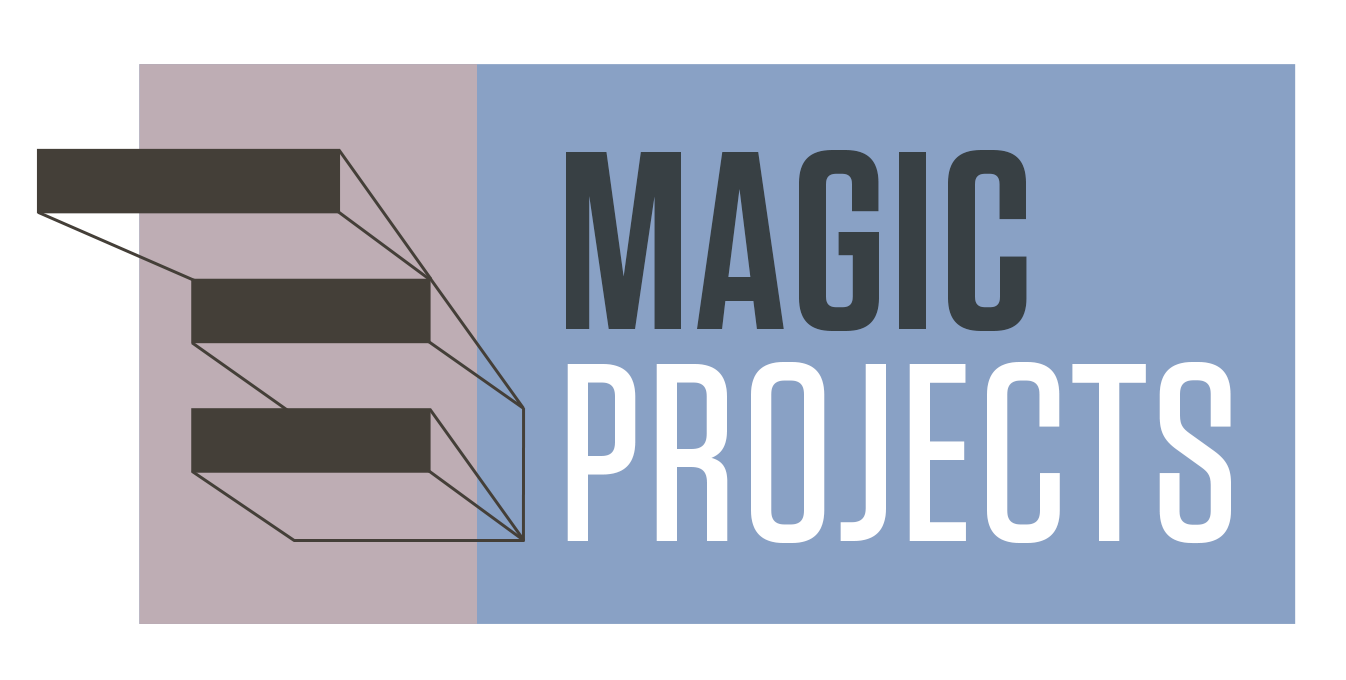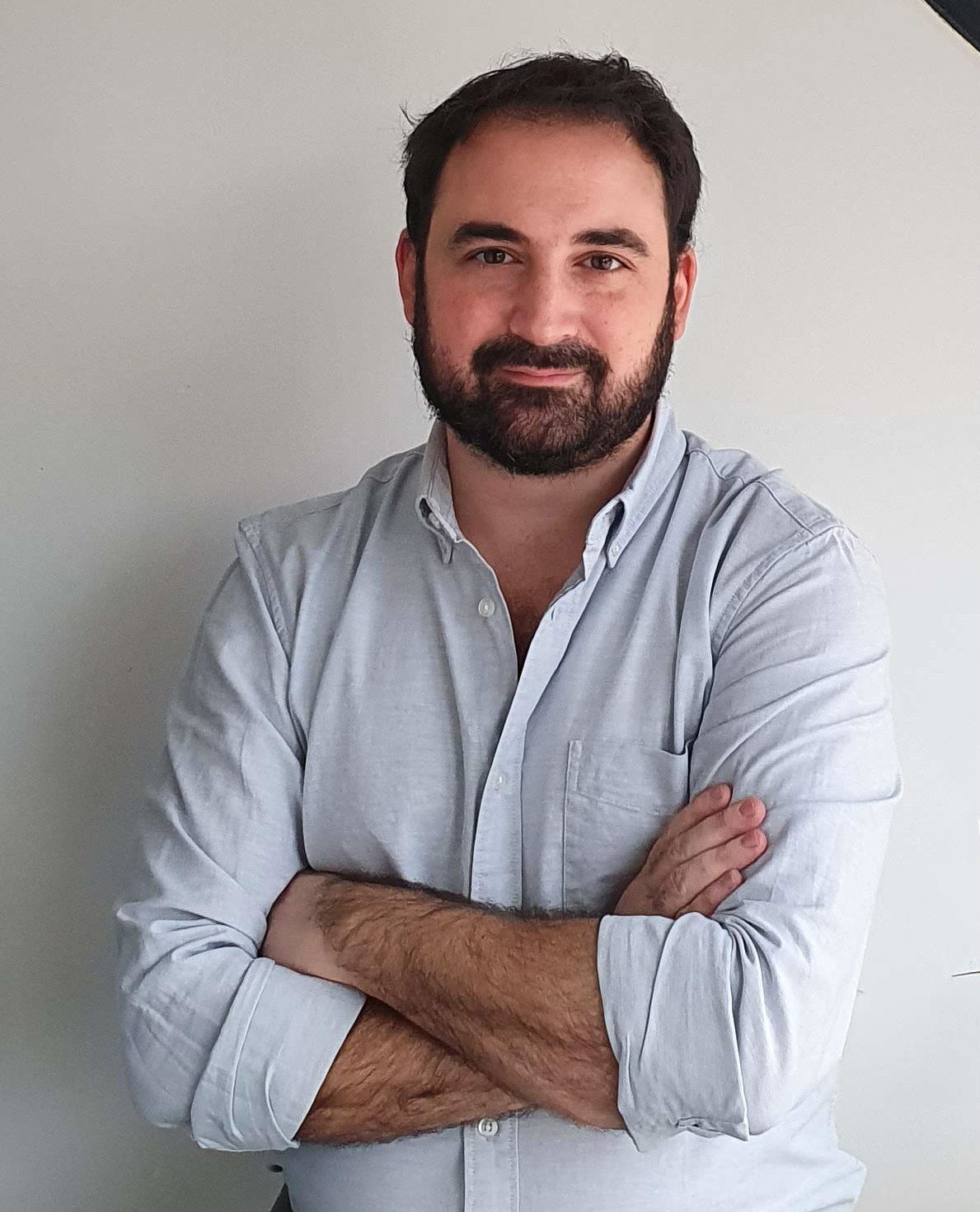

I have experience working in both development studios (Eversim, Magic Pockets) and publishers (Ubisoft, Focus entertainment / Pullup), across a wide range of platforms including consoles (DS, 3DS, Wii, Wii U, Xbox 360, Xbox One, PS4, Switch, PS5, Xbox Series X|S), mobile devices (iOS, Android, Tizen), and PC (Steam, Epic Games Store, Windows Store, GOG). My work spans projects catering to both casual and hardcore players.
Additionally, I have taught game design and project management courses at a public higher education apprenticeship school.
Read my full resume.
I have a wide range of interests, including sports (such as table tennis and cycling), the history and music of video games, reading science fiction and fantasy novels, and philosophy. I am also the author of Les pensées d’un gamin, initially published by Le Manuscrit in 2005. Additionally, I have a strong interest in AI, physics, and astronomy, which further broaden and enrich my perspective on various topics.
Team management: setting up of management methods specific to the project (iterative process, waterfall, Agile methods...), implication of the team members, regular meeting organization, setting up of a report system, information flux circulation optimization...
Planning / scheduling: gathering information provided by the production line units, projections (Delphi method...), setting up of the schedule and the critical path, milestones...
Project monitoring: regular report with the leaders, information circulation, day-to-day write-up about the project status, complete review of the project if any difficulties are encountered, to adapt the methods if necessary, risk estimation...
Use of Gantt, Pert: building of the task hierarchy and the links between them in the production line, estimations to elaborate the critical path...
Creation: proposals, key concepts composition, brainstorming organization, work with constraints (editorial, technical)...
Game concept: composition of a one or two page document, which gathers the game's key elements, explanation of the intentions and unique selling points, how the game is structured...
Game design document: concept, gameplay, game's mechanics, structure, progression, ergonomics, interface...
Audit: critical review of a project that is currently being developed, proposals for modifications, additions or deletions, setting a new frame...
Benchmark: specific study of a genre or a particular game's mechanic, theorization and application to the current project...
As a programmer-analyst, I can study a business problem and design a programmatic solution for it (and eventually code this solution).
I try to create tools that
- improve the information system efficiency
- automate repetitive tasks
- make people's life easier
So far, in addition to Magic Projects, I created tools to handle Project Portfolio (PPM), localization process, game build creation, text checking...
Why creating such tools instead of using existing ones? It's a way have something that
- really matches your need
-is adapated to your company
- can easily evolve through time
- you keep control on it
Magic Projects' ambition is to allow you to remove as many frictions as possible during project management. Tasks will naturally go from one member to another. It's easy to navigate through the task flow to iterate, add comments, ask questions...
In Magic Projects, each member states the task he/she is working on. Combined to task estimations, this allows Magic Projects to provide you ways to synthetize the data and extract global information: project completion, planning built on the fly, up-to-date budget...
Using data you provide (team distribution, jobs, task assignment...), Magic Projects can help you to check if you can meet deadlines. You can also see your team workload which can be helpful during task allocation. There is a tag system to get interesting stats about similar tasks: average completion time, overview...
There is a notification system keeping you posted about project's life: someone started working on a task you created, or completed it... These notifications are displayed on Magic Projects but they can be sent via emails as well. Also, budgets, plannings, faisability studies... are automatically updated according to team members' activity.